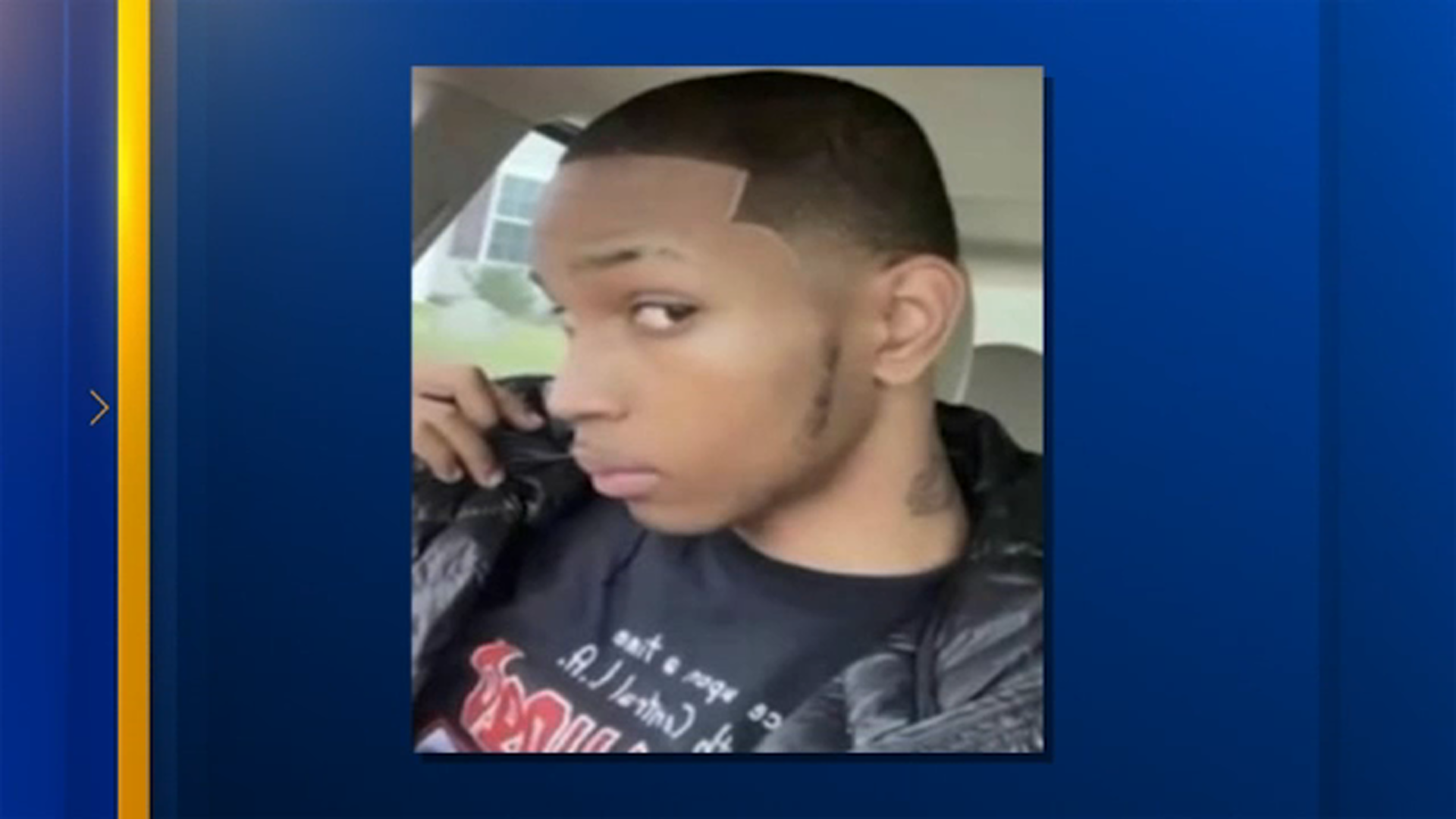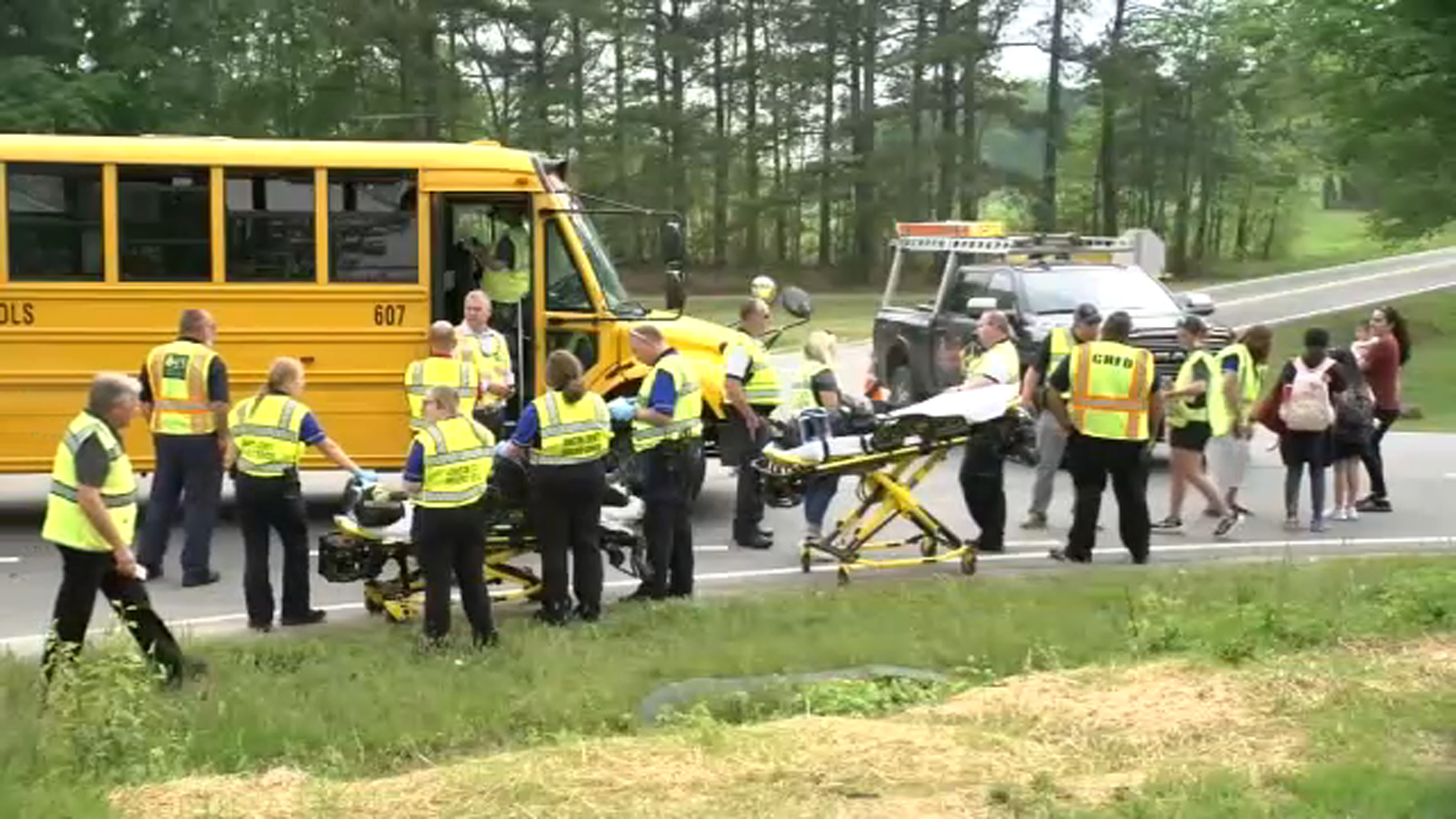President Obama's Last State of the Union: What to Expect

When he gives his final State of the Union speech Tuesday, President Obama will be addressing members of Congress. But they won't be his target audience.
In fact, he probably wouldn't care if they didn't show up at all.
Experts predict that rather than trying to cajole a Republican-controlled Congress to cooperate with him in 2016, the president will be asking viewers around the country to remember his legacy items and consider the future in an attempt to set the tone for the next (he hopes, Democratic) president.
"It's not going to be a laundry list of things on the agenda" like most State of the Union addresses, said Norm Ornstein, a scholar at the American Enterprise Institute.
That's how the president himself framed it in a video message sent to supporters Wednesday.
"What I want to focus on in this State of the Union address [is] not just the remarkable progress we've made, not just what I want to get done in the year ahead, but what we all need to do together in the years to come," he said.
But why not take advantage of a captive Congressional audience to make a final, grand gesture on big-ticket items like gun control and immigration reform?
For one, Obama began the year demonstrating that he's basically given up on Congress' ability to deliver on such issues. When he announced a slate of new executive actions on gun safety and mental health, he suggested they were simply initial steps toward meaningful reform.
"It won't happen during this Congress. It won't happen during my presidency," Obama said of comprehensive gun control legislation in a speech Tuesday. "But a lot of things don't happen overnight. A woman's right to vote didn't happen overnight. The liberation of African Americans didn't happen overnight."
That's all the more reason why Obama's State of the Union is more of a breakup note with Congress than anything else: showing members that he's already over them and is looking toward the impact his solo work will have on the country's future.
"There's no point in wasting time trying to convince this Congress to embrace really any aspects of his agenda," said congressional scholar Thomas Mann.
The president is also likely to take advantage of his captive national prime-time audience to highlight what he considers his biggest accomplishments of the past seven years.
"I would think there's a very good chance he'll talk about what shape the economy was in when he got elected and inaugurated and what's happened since and where we have to go," Ornstein said.
He might even talk about what else he could have achieved if Republicans in Congress did not have a knee-jerk reaction against his agenda - a point which he could link to the presidential race.
"He'll pretty much ignore Congress in terms of appealing for support, but use the Republican majorities as a way to link them with the Republican candidates for the White House and talk about just how extremely conservative the party has become," Mann said.
That's not to say the president is giving up entirely on passing bills in 2016: there could certainly be movement on less sweeping issues like criminal justice reform, mental health legislation and the Trans-Pacific Partnership trade agreement.
But ironically, even as the White House faces a year of small-ball legislation ahead, officials are framing it as a conscious decision to focus on the bigger picture, well after Obama leaves office, as White House Chief of Staff Dennis McDonough did in an email to supporters accompanying the president's video message.
"What we have left to do is bigger than any one policy initiative or new bill in Congress. This is about who we are, where we're headed, and what kind of country we want to be," he said.




